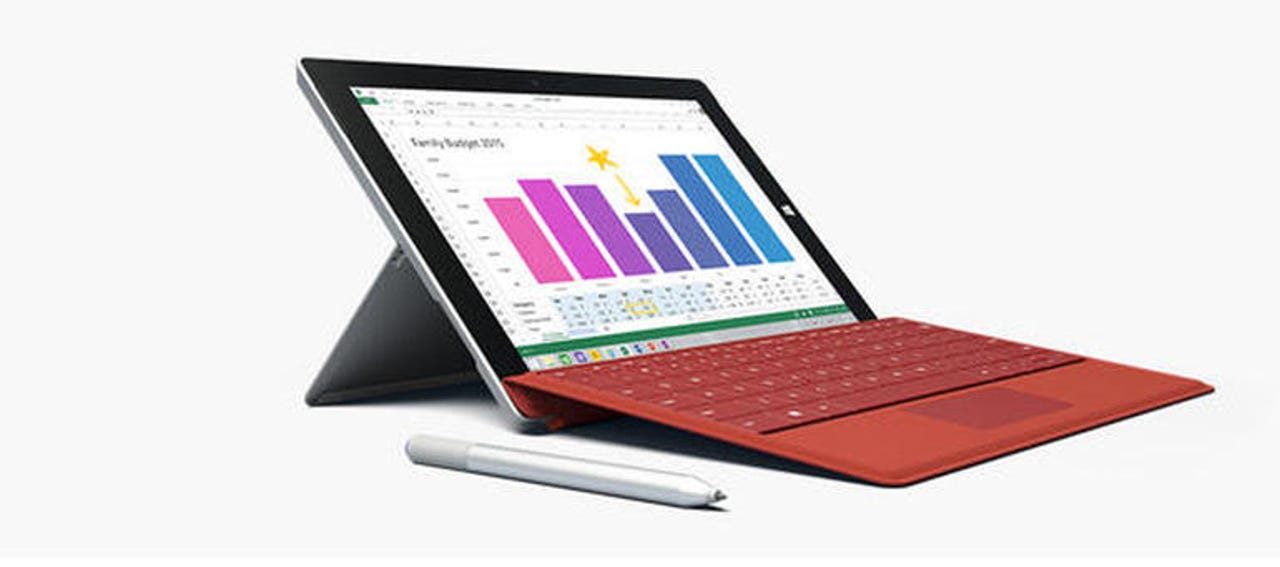Can Windows 10 save the PC?


New versions of Windows usually generate a new PC sales bonanza, but don't expect such a big bump with the arrival of Windows 10, due sometime this summer.
The initial rush usually comes from consumer upgrades, as businesses tend to be more cautious about operating system upgrades and hold back. That's especially true this time around as many businesses will have just finished off replacing the last of their antique Windows XP with Windows 7 and will be in no mood to start the whole thing again.
But there's a new factor that comes into play this time around with consumers. Microsoft is offering Windows 10 as a free upgrade for Windows 7 and Windows 8.1 (and Windows Phone 8.1) devices in the first year - and will keep them up-to-date for what it describes as "the supported lifetime of the device".
That's good news for consumers and will certainly boost adoption of Windows 10. But it will also give people a reason to hold onto their PCs for longer than they might have otherwise. The average customer may think, 'I can get Windows 10 on my old PC, why bother buying a new one just yet?'. This is probably influencing consumers already.
More Windows 10
"We do not expect significant impact of Windows 10 launch on PC sales this year. From the consumer market perspective, Microsoft is planning to make the upgrade available for free to end users, therefore we expect that many of them will upgrade their existing machines without purchasing new ones," Maciek Gornicki, IDC EMEA PC research manager told ZDNet.
"From the commercial market perspective, we expect no impact of Windows 10 launch on the PC renewals this year," he added.
Another issue in Europe is that, thanks to currency fluctuations, PCs are about to get more expensive - by around 10 percent, according to analyst house Gartner. This is likely to further discourage budget-conscious shoppers.
Apart from these short-term issues, there are some bigger structural problems with the PC market which Windows 10 doesn't especially address (and it's not designed to, either).
Tablets have taken a chunk out of PC sales and even though tablet sales have slowed down now that doesn't mean that PC sales will spring back. There are just too many competing computing devices - from Chromebooks to phablets to wearables - that give users just enough functionality that they don't necessarily need to buy a new PC as often as they used to.
But it's not all gloom for PCs.
In the two or three years after Windows 10 launches, Microsoft is aiming for one billion Windows 10 users. And while the arrival of the new OS isn't going to boost the traditional PC, it might boost new types of PC devices like two-in-ones and hybrids - think Microsoft's Surface or the HP Envy X2. That might make for a more positive story for Windows 10 in the long term.
As Canalys noted earlier this month: "The market for two-in-one devices is expected to continue to grow during 2015 as consumers become accustomed to new form factors. In addition, Windows 10 will provide a better user experience when switching between tablet and notebook modes on these devices."
Similarly, IDC's Gornicki said: "The new operating system will definitely help transition to mobility and uptake in demand for tablets, two-in-one devices and Windows smartphones in the enterprise."
But with a mere three million hybrid devices sold in the first quarter of this year compared to a total PC market of 115 million units (according to Canalys figures), that's still really just a drop in the ocean right now.
To take a slightly longer term view: IDC sees the PC market declining by 1.1 percent by 2019. But if you add in the hybrids and two-in-one devices that is enough to edge it into growth - just - of 0.5 percent. All of which shows that the PC market is - and will continue to be - an extremely tough one.
What do you think: agree, disagree? Let us know in the comments section below.
ZDNet's Monday Morning Opener is our opening salvo for the week in tech. As a global site, this editorial publishes on Monday at 8am AEST in Sydney, Australia, which is 6pm Eastern Time on Sunday in the US. It is written by a member of ZDNet's global editorial board, which is comprised of our lead editors across Asia, Australia, Europe, and the US.
Previously on Monday Morning Opener:
- Three big questions the new Microsoft needs to answer
- The mere idea of regaining privacy sends law enforcement into a tizzy
- Two types of fear, or how to win in the next stage of the cloud
- Apple Watch: When will it become a power tool for work?
- Can Samsung resharpen its edge against the competition?
- Microsoft and Apple are killing the password: Thumbs up to that
- Apple Watch: What does success look like?
- Wishlist for 2015: The solutions we need in business tech
- Windows 10: Three things it has to do to succeed